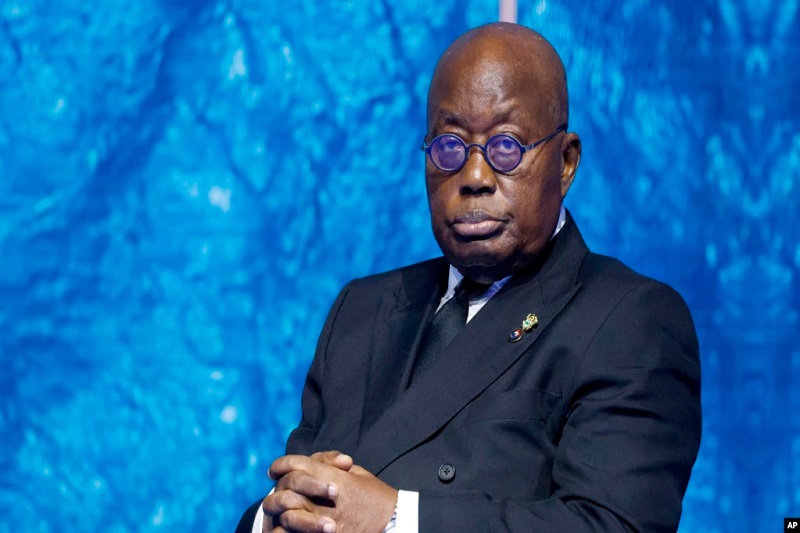In a speech to the nation that lasted for half an hour and was broadcast on Sunday, Ghana’s President, Nana Akufo-Addo, explained the slew of actions that his government plans to take in order to pull the country out of its current financial predicament. These actions will include measures to bolster the country’s own production. Nana Akufo-Addo said that the President, Vice President, Ministers, and Deputy Ministers would all have their salaries and budgeted spending cut by 30%.
“When I say that we are facing a crisis, I am not exaggerating the situation in any way. There was never a time in history when so many evil powers were working together at the same time, at least none that I could find. “However, as we have demonstrated in prior instances, we shall convert this crisis into an opportunity to fix not just the short-term, pressing challenges, but also the long-term structural problems that continue to bedevil our economy,” emphasized the Ghanaian leader.
An age marked by pessimism and cynicism has begun with the emergence of the COVID-19 epidemic. The rate of growth decreased, and the interest rates on money borrowed from the markets grew increasingly expensive. These challenges were made even more onerous by the effect that the crisis between Russia and Ukraine had on the cost of food and energy around the world. The country’s inflation rate is climbing at a rate well above 37%, but at the same time, the currency is falling in value at an unanticipated rate. Since the start of the year, the cedi’s value has fallen by more than 40% against the US dollar.
Related Posts
Most crucially, debt, which is the economic Achilles’ heel of Ghana, has skyrocketed in recent years. At this point, it is responsible for around 80 percent of the country’s total gross domestic output. The government in Accra has asked for help from the International Monetary Fund (IMF) for the first time in three years, even though they had been against it for three years.
This is the 17th time the country has requested new aid from the International Monetary Fund (IMF). This is a bitter pill for the African powerhouse to chew. “While we continue to work on the medium to long-term structural changes that are at the heart of our goal of constructing a resilient, robust Ghanaian economy and building a Ghana that is independent of aid, we have gone to the International Monetary Fund (IMF) to repair, in the short term, our public finances and restore our balance of payments.”

